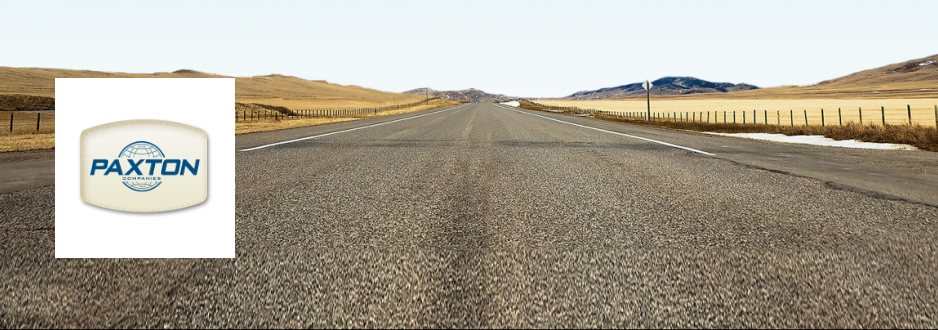
Seven weeks into the COVID-19 crisis, Freddy Paxton gives his thoughts on the actions his company has taken, and the lessons learned so far
It was on March 17, St. Patrick’s Day, that it really struck us that this was something extraordinary. Until then we just thought it was a regional problem, as SARS had turned out to be. But this was like nothing we had seen before.
Moving in DC is considered to be an essential service, so we can still work. All our office staff have been working from home for the last seven weeks, except a small team in the office needed to handle our commodities work.
Social distancing and cleaning
Although our road crews have been working, they have had to follow social distancing rules, wear protective equipment (masks and gloves), and operate a strict regime of disinfecting door handles, railings and surfaces throughout the day. We conduct regular checks to make sure the crews are following the procedure. It’s difficult, we are all human, but it’s important and we keep encouraging each other. We also clean our offices every day too; I don’t think they have ever been so clean. So far, we have not had any of our employees infected with the virus.
We asked everyone to pretend that they have the virus and don’t want to give it to anybody else. How would they protect their colleagues while still doing their jobs? That has been our mantra and, I believe, is the only way we are going to get out of this.
Interestingly, I often get a spring cold, but I’ve not this year; maybe the extra precautions we are taking are keeping other viruses away as well. I also noticed, when travelling back from the FIDI Board meeting in New Zealand just before the lockdown, that there was a line for the men’s room because everyone was washing their hands. Shows how many didn’t do it before. Let’s hope this all leads to us living better lives in the future.
Business reduction and recovery
Of course, the social environment has been locked down with all bars and restaurants closed. Business for us has been slow because some people are scared of moving at this time and some of our drivers don’t want to do the work. Government moves have been stopped. Washington DC is saying the lockdown will be eased from June 15 whereas Virginia and Maryland, adjacent States, say May 15. It will be interesting to see how everyone comes out of this. The US military has given a date of June 30 and then a staged increase in movers week by week. But as it’s the largest shipper in the world I suspect it will be more of a fire hose than a faucet. They might want to turn it on a bit slower.
Takeaways
This will change how we do business in the future. Almost all the surveys we do now are virtual and many of the moves are ‘no touch’ where the customer isn’t present but just checks in with the crew on FaceTime when necessary. That that would have been unfathomable before because you must have the documentation signed. Now people accept that they don’t need to be there, they have a professional crew coming in and they trust them to do the job. This virus has probably pushed us to where we should have been anyway.
And many of the changes will continue. As a global company we have a robust system for remote working, but we have generally only had people working from home on snow days or if their children were sick. Now 95% of our staff have been at home for seven weeks and, although we’ve missed their smiling faces, which I love, I don’t believe any of our customers have suffered as a result. But that social interaction, and the ability to learn from each other, is important so we won’t continue like this; but we will learn lessons and maybe have a system of rotating desks and weekly team meetings. A lot of corporations do that already.
A final warning
I do not believe this is a unique event: something similar will come back again. It seems that every decade or so we have something like this, and we need to have a much better plan globally for next time.